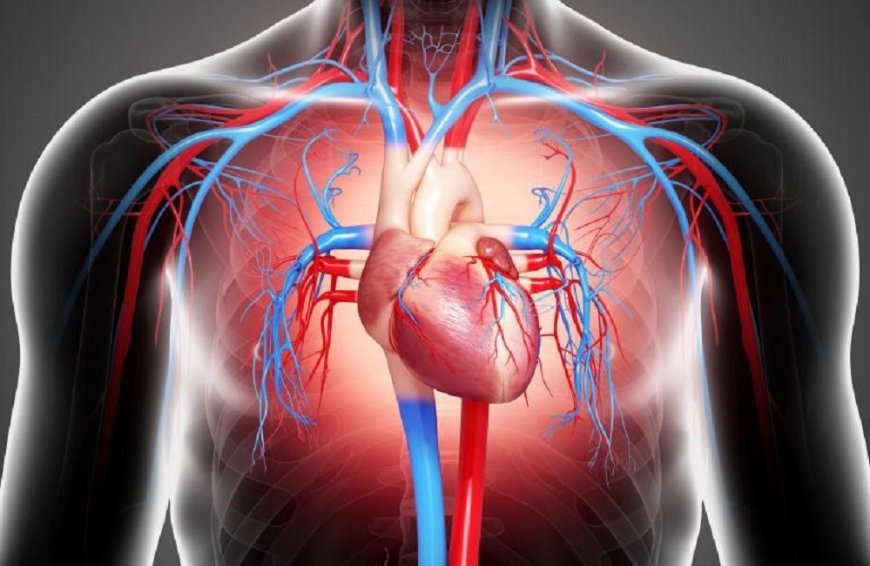Daily consumption of energy led the young man to heart failure
another indication of the threat of excessive consumption of energy. Daily consumption of energy led the young man to heart failure.

How do energy affect health? Energy drinks are soft drinks that contain substances with a stimulating effect on the nervous system. They are usually used when it is necessary to refrain from sleep and fatigue, for example, during training before the exam or on a long journey, and every year their consumption increases around the world, which attracts the attention of more and more scientists. The population has long believed that energy is dangerous to health, but what exactly these products have on health with long-term use is still unknown. In particular, doctors' concerns have recently grown about the possible negative effect of energy on the cardiovascular system. And the clinical case described by doctors from St. Thomas' Hospital in London is another indication of the threat of excessive consumption of energy. Daily consumption of energy led the young man to heart failure.
What have scientists described?
The doctors' report refers to a 21-year-old man who sought medical help due to shortness of breath and abdominal edema. As it turned out, in addition to these symptoms, the patient suffered from weight loss, tremor, rapid heartbeat and general fatigue, which began four months earlier, but worsened. Further examination showed that the man had developed heart failure with blood clots in the heart and renal failure, due to which the brain began to be affected, causing delirium.
Must Read: How to stimulate scientific thinking in children?
In the patient's family history, doctors did not note any diseases that could be related to his condition. The patient himself denied the use of alcohol or drugs, quit smoking three years ago, but said that he regularly drinks energy drinks. The man admitted that for the past two years he had been drinking an average of four 500-milliliter cans of energy drinks daily, containing 160 milligrams of caffeine. Experts have concluded that it was the consumption of these highly caffeinated beverages that most likely caused the heart failure, as no other good cause was found. Caffeine could increase and speed up the heartbeat for a long time, which can damage the heart, doctors say. At the same time, they tend not to associate renal failure with a patient's bad habit or heart attack.
What happened to the patient?
The patient was hospitalized for 58 days, spending much of his time on dialysis, but was eventually discharged in relatively satisfactory condition. According to him, he stopped drinking energy drinks and now believes that they can be highly addictive and are too accessible for young people, which is why they should be attracted more attention, in particular by installing warning labels on them, like on cigarettes. The man's doctors also noted that without early diagnosis and treatment, their patient had a very high risk of dying from heart failure or stroke.
